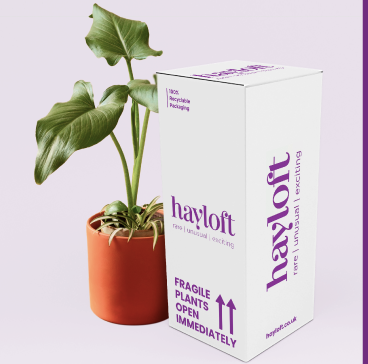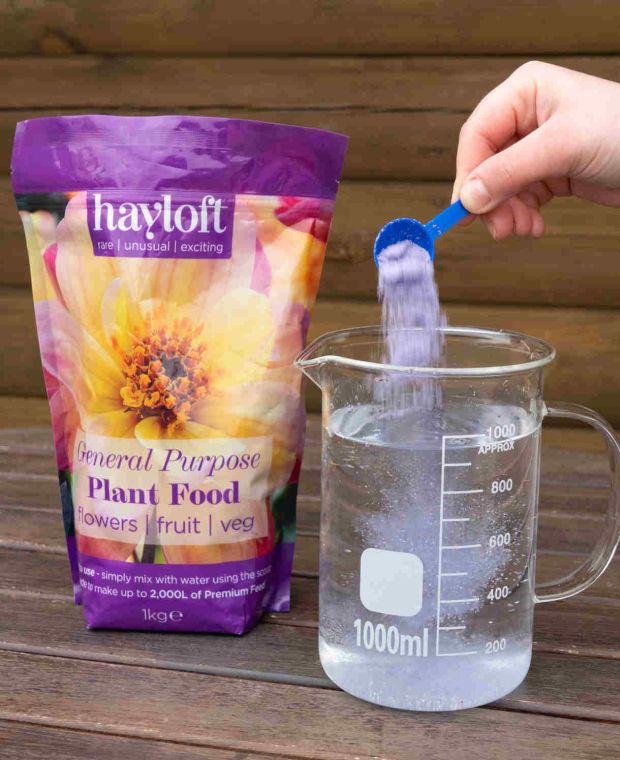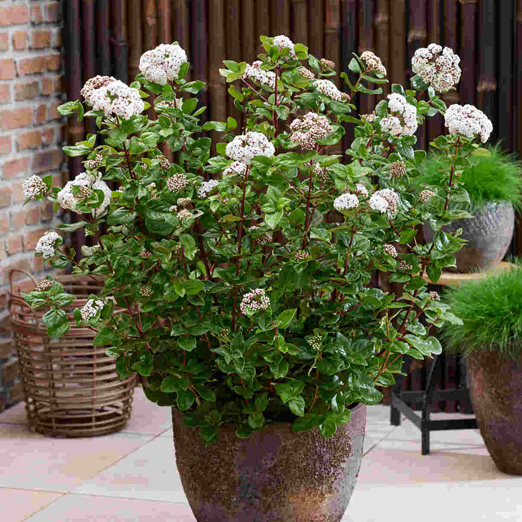how to make homemade potpourri
how to make homemade potpourri
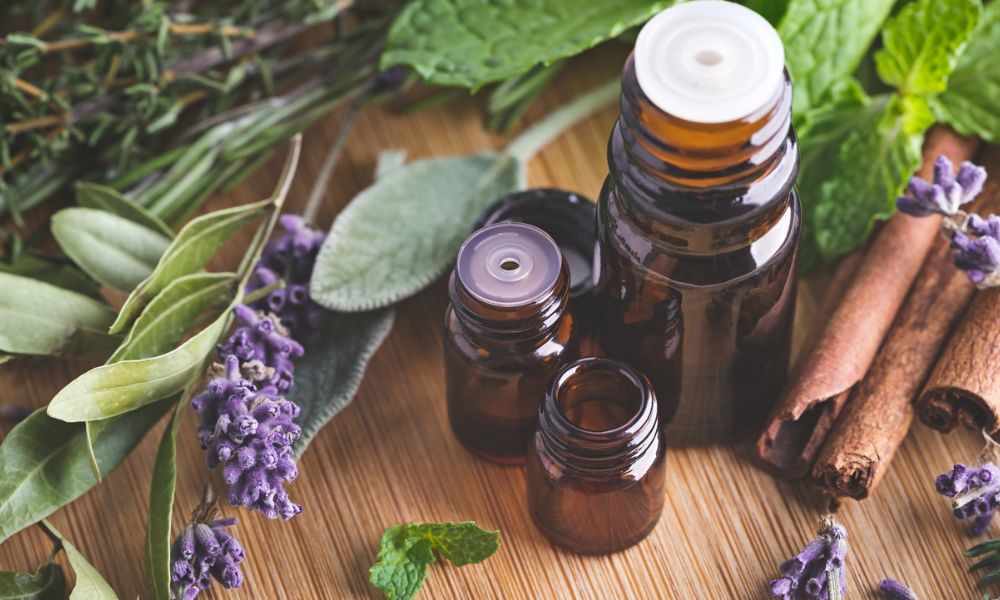
Creating potpourri is a fantastic way to utilise dried, fragranced flowers and foliage you've grown at home, especially during the summer months. We're going to utilise Eucalyptus and Lavender in this recipe...why? They have a strong, fresh scent, and grow in abundance! It’s not as difficult as it sounds, and you can make it totally your own by adding in whatever flowers you choose whilst mixing in some complimentary essential oils that will really help to accentuate the aroma! Let's dive into how to make homemade potpourri.
What you'll need
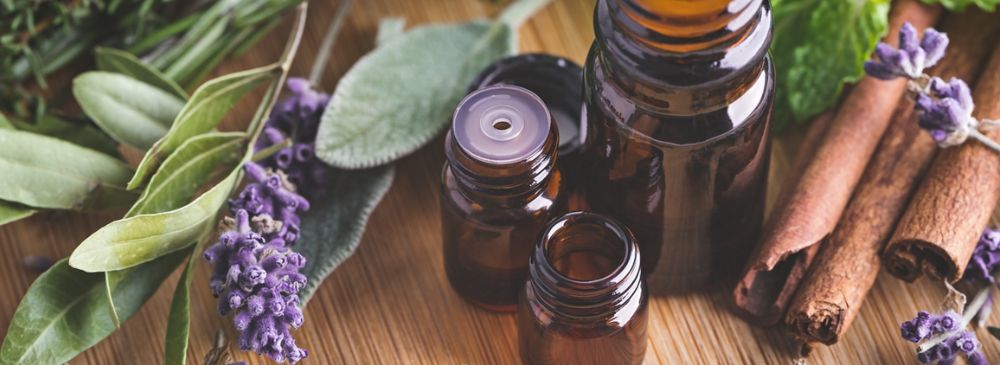
You can amend this recipe to suit what you have available to you!
Eucalyptus Foliage
Lavender and a selection of additional flowers (like Roses & Chrysanthemums)
Essential Oils
Dried Berries
Pinecones
Dried Herbs
Greaseproof paper
Baking tray
Fixative to finish your potpourri, you can use natural choices like orris root powder, lavender flowers, whole cloves, sandalwood chips to name a few
Finally, access to an oven
Optional extras: Dried Lemon & Orange, Cinnamon sticks, cloves, nutmeg - you can alter your recipe to suit your noise!
Step 1:
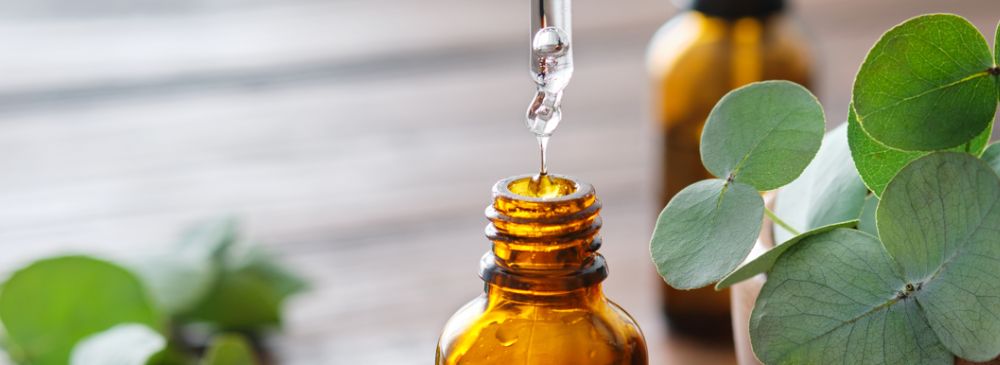
You’re going to want to start by preheating your oven to 90 degrees Celsius. While its warming up, gather your eucalyptus leaves and pop them in a large bowl. Grab your chosen essential oils and pour a generous amount all over your leaves, I like to go with lemon oil or lemongrass oil alone because it's just so fresh. I also like to add in some lemon and orange slices, dried berries, pinecones, and dried herbs, it all to adds to the scent and looks extra pretty.
Alternatively, if you have time, and don't feel confident using the oven, space your foliage and flowers evenly out of breatheable racks after adding your essential oils and leave for 2-4 weeks.
Step 2:
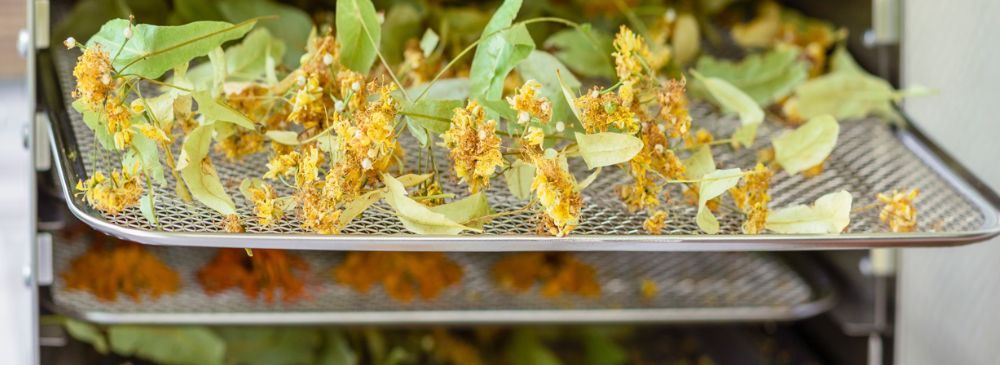
Mix everything together and sprinkle the contents of the bowl onto a sheet of grease proof paper, on a baking tray. Bake for two hours (at 90°C) and then check to see if the leaves feel brittle and hard - they should. (or use the natural drying method)
Step 3:
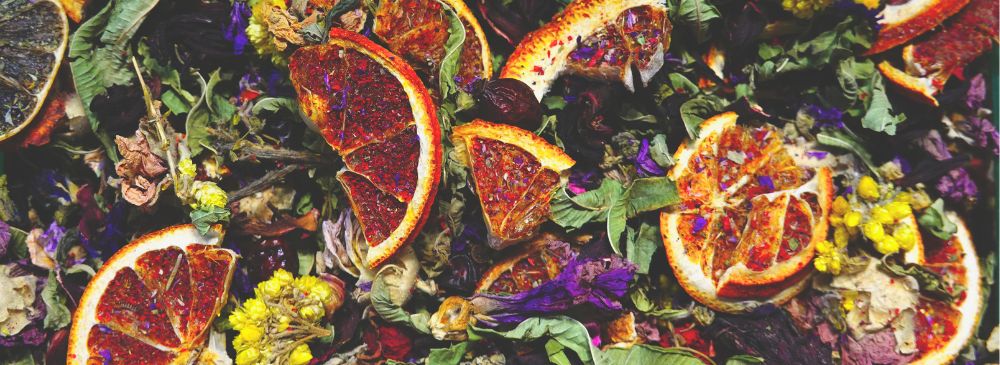
Any add ins, like the fruit, must be completely dry so not to cause the potpourri to mould. Once everything is dry, take it out of the oven and leave to cool. At this stage, you can add a fixative if you like. (There are some natural fixative suggestions in the 'what you'll need' section)
Step 4:
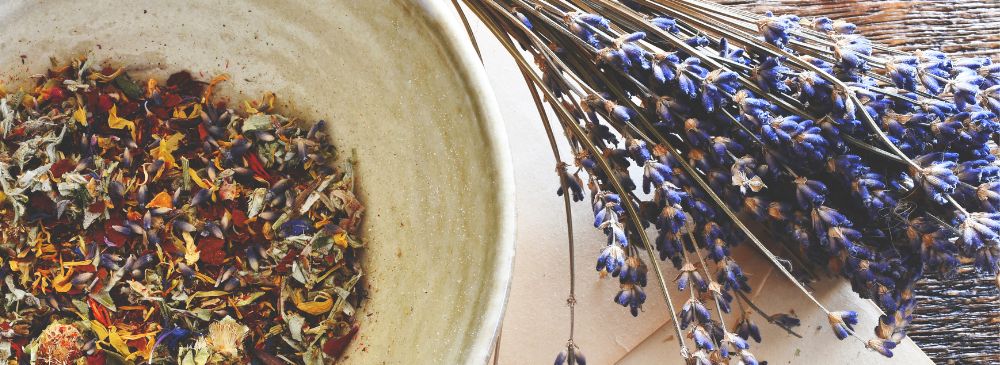
Not sure on what fixative to chooise? A lot of people like to use Orris root because it has a sweet smell and helps the potpourri to keep its scent for weeks. In addition to this, I tend to add another 10-15 more drops of essential oil too, I can’t get enough! All that’s left to do is choose a pretty bowl and a spot to display your homemade potpourri.

